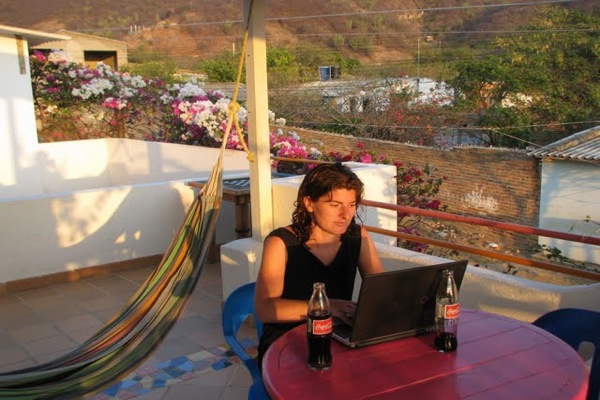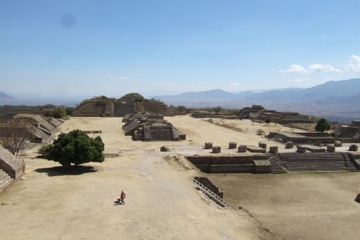
Photo: author
Nine months ago my partner Natalie and I quit our jobs and left Seattle to follow our dream of learning Spanish and living for a year in Latin America. We never imagined that our trip would lead us to start our own company.
First, a quick and shameless plug so that you’ll know what we’re about.
Lenguajero is a homegrown startup that connects Spanish and English speakers for online language and culture exchange. In addition, we provide useful resources to learners of those two languages so that they can improve their ability to speak their new language.
Now, onto the fun stuff.
The following are the five steps we took to build a startup while traveling around Latin America.



